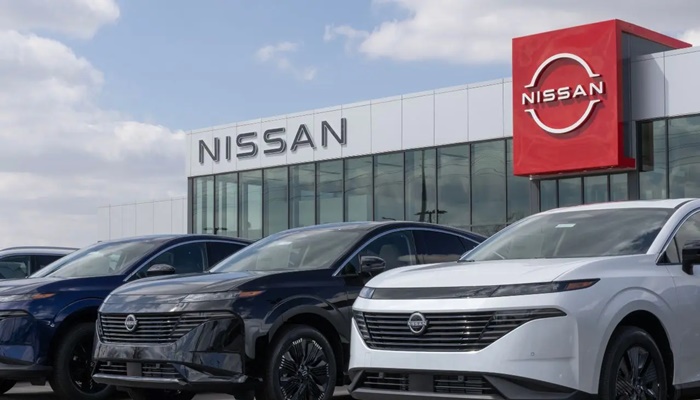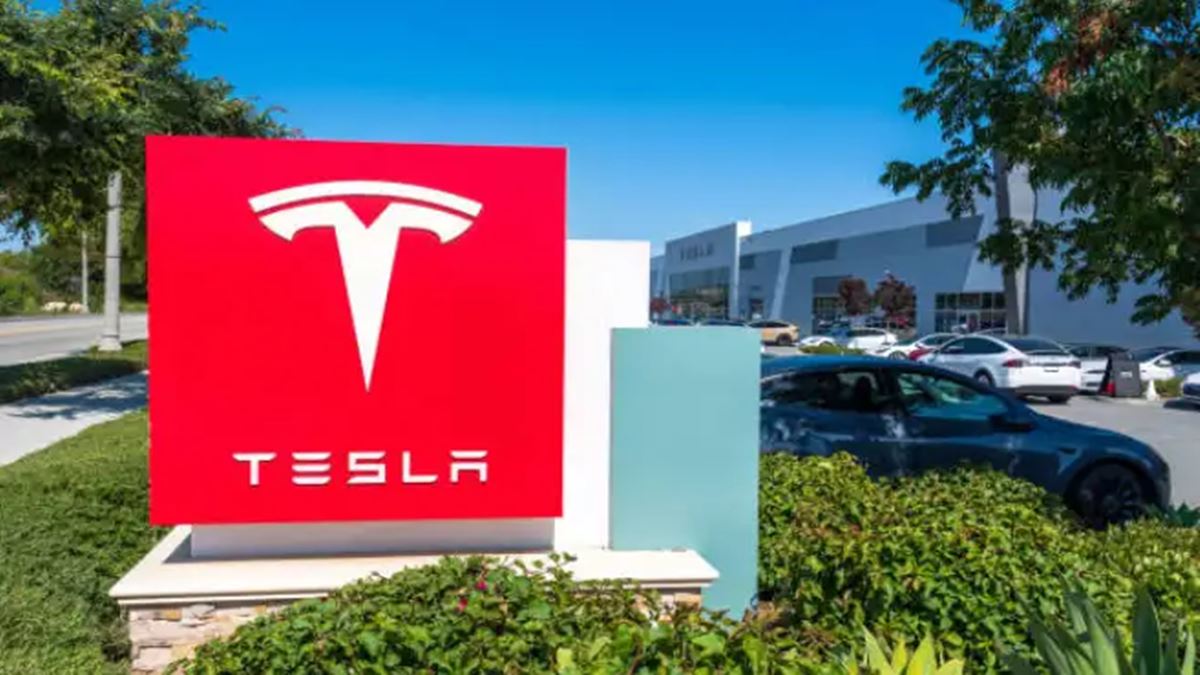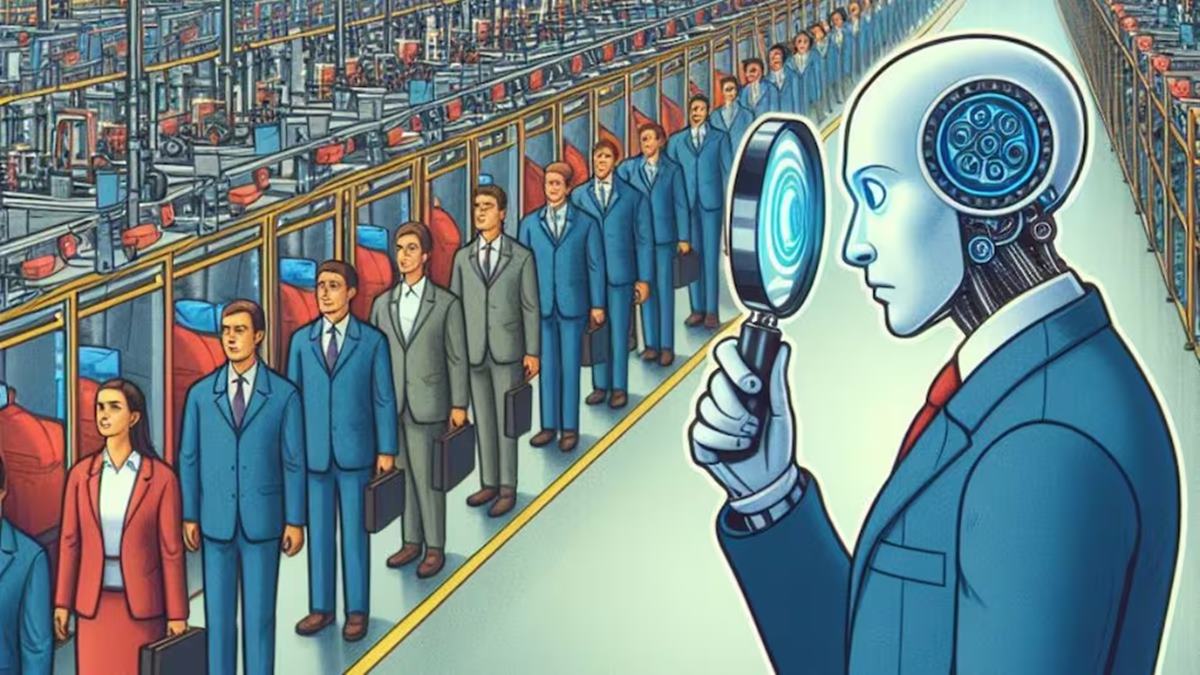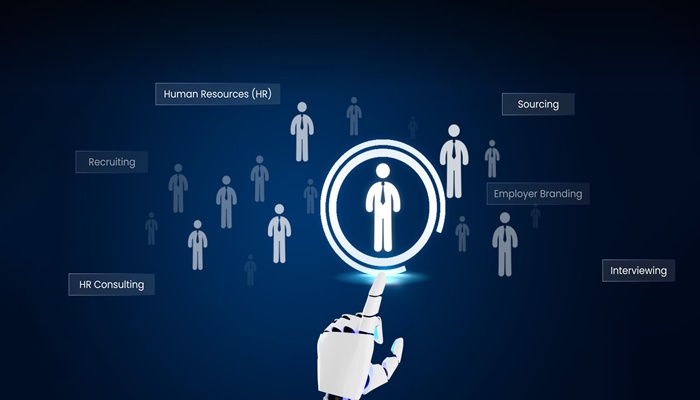Across industries, managers are asking the same quiet question: What’s going on with Gen Z?
They’re smart, capable, and tech-savvy. Yet many leaders describe feeling more like babysitters than managers when working with their youngest team members. Feedback can trigger tears or defensiveness. Deadlines slip. Dress codes feel optional. And when someone cites a “bad mental health day,” it can sound, to an older manager, like an excuse.
But this isn’t just a generational mismatch. It’s a shift in the very fabric of workplace norms and expectations. Something deeper is happening.
A Different Starting Line
Gen Z is entering the workforce with an entirely different set of experiences than any generation before them. Many missed internships, graduated during lockdown, or started their first jobs remotely. That means they didn’t get the same early exposure to professional norms that earlier generations picked up by osmosis: how to receive feedback, manage deadlines, or dress for client-facing events.
What managers often read as immaturity or entitlement is, more often, a gap in context. These employees aren’t rebelling — they’re navigating the norms of a professional world that haven’t been made explicit to them.
The Broader Context
It’s also important to remember that Gen Z didn’t emerge in a vacuum. They came of age during overlapping crises: a global pandemic, a climate emergency, political instability, and economic precarity. Many watched their Gen X parents burn out, lose jobs, or stay loyal to companies that didn’t return the favor. They’ve seen institutions fail and systems crack.
So, when they enter the workforce asking for transparency, boundaries, and purpose, it’s not naivety. It’s a rational response to broken systems.
Although they were too young to experience the 2008 recession directly, they’ve lived in its shadow. They carry student debt, face record housing costs, and have entered one of the most unpredictable job markets in modern history. Some landed their first jobs during the hiring frenzy of 2022 — only to be laid off months later. That kind of whiplash shapes priorities.
It taught them not to trust stability, and to value flexibility and self-protection instead.
Shaped by the Internet — and Watching Closely
Gen Z is also the first generation to grow up fully online, where work, identity, and activism blur together. They’ve seen toxic bosses go viral, salary transparency spreadsheets circulate, and “quiet quitting” transform from a phrase into a movement. They’ve learned to spot hypocrisy quickly: if a company preaches mental health but rewards burnout, they notice.
When a Gen Z employee references a “mental health day,” it’s often not deflection. It’s a signal that they’re overwhelmed and still developing the coping strategies, perspective, and workplace resilience that comes with experience.
This transparency can feel uncomfortable for managers who came up in eras where personal struggles were left at the door. But it also reflects a generational strength: a refusal to normalize burnout.
What Managers Can Do
None of this is to say managers should lower standards or not expect professional behavior. Accountability and empathy can coexist. The key is to bridge the context gap with clarity and mentorship.
Here are a few ways to start:
- Normalize feedback as growth: Many Gen Z workers didn’t learn how to receive feedback constructively because they didn’t have early professional environments to practice in, and they were used to getting a very different kind of feedback in school. Frame feedback as an investment in their development, and keep honing your own feedback-giving skills in the process.
- Be explicit about expectations: Don’t assume your team understands workplace norms around deadlines, dress codes, or client interactions. Earlier generations learned these by watching others in an office. Many young professionals haven’t yet had that chance, and social media is often their reference point — which can be hit or miss. Be clear about what “good” looks like.
- Ask before you assume: If someone is struggling or seems disengaged, start with curiosity. Ask what support looks like for them and what barriers might be getting in the way. That doesn’t mean compromising standards — it means leading with empathy before judgement.
- Model the behavior you expect: Your consistency, calmness, and transparency set the tone. Gen Z learns by observation just like any generation, so make sure what they’re observing aligns with the culture you want to create.
The Bar Hasn’t Lowered. It’s Shifted.
This conversation isn’t really about whether Gen Z is ready for the workplace. The better question might be: Is the workplace ready for them?
The bar for professionalism hasn’t dropped — it’s evolved. Workplaces are being called to communicate more clearly, care more deeply, and lead more thoughtfully. For managers willing to meet this generation halfway, there’s a real opportunity to build teams that are not only more adaptable and transparent, but also more human.
Because when you zoom out, Gen Z isn’t asking for less. They’re asking for better.
Source – https://www.bizjournals.com/portland/news/2025/10/31/gen-z-ready-workplace.html




















